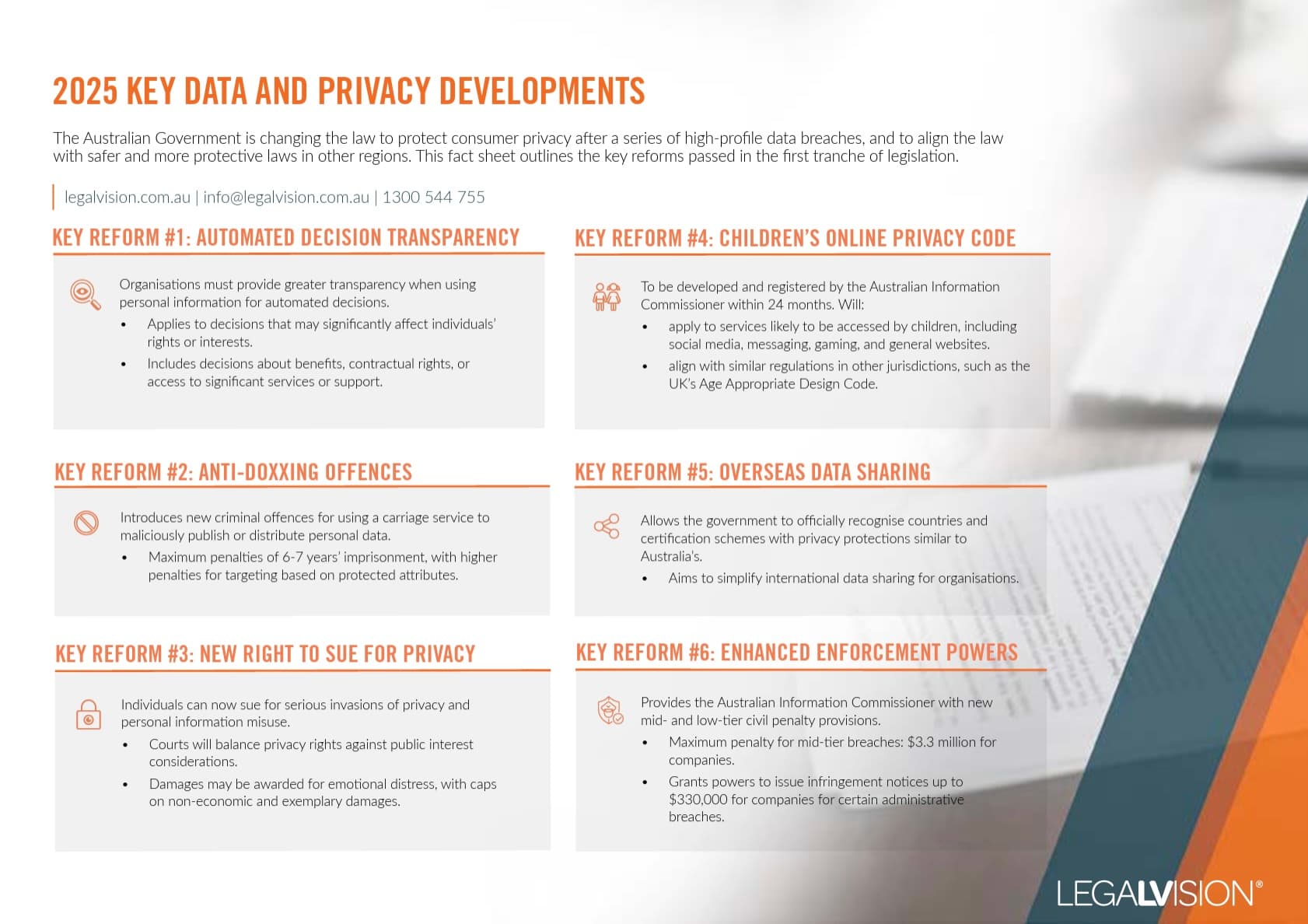On this page
The world of non-fungible tokens (NFTs) has exploded in recent years, with digital art, collectables and assets selling for astronomical sums. But what exactly are NFTs, and what are the legal issues surrounding these new blockchain-based assets? This article will explore the fundamentals of NFTs and delve into the legal considerations for businesses, creators, buyers and sellers operating in this space.
What is an NFT?
An NFT is a non-replicable digital certificate of a digital asset. ‘Non-fungible’ means unique and cannot be exchanged on a like-for-like basis, unlike fungible assets, such as money. Each NFT cannot be divided or replaced but can be re-sold.
Your business can create NFTs using a smart contract on a blockchain and store them in a blockchain-based wallet with a unique address. A blockchain is a digital ledger that tracks ownership and records the transaction history of each unique NFT. Unlike Bitcoin or other cryptocurrencies, NFTs are not represented as a store of value in and of themselves. Instead, the value comes from the rights concerning the assets they represent or the value perceived by the buyer.
NFTs can be either:
- digitally native NFTs, meaning they are digital in nature and do not rely on real-world assets for their existence; or
- related to other assets, meaning they are linked to real-world assets.
Common Examples of NFTs
| Collectibles | Such as online card-based games and postage stamps. |
| Art | Artists can sell drawings, paintings or sketches as NFTs. |
| Memes | Famous memes have been sold as NFTs. |
| Music | Musicians can sell songs and soundtracks through NFTs. |
| Videos | Highlights of sports games have been turned into NFTs and bought by fans. |
Legal Implications of NFTs
Consumers usually buy and sell NFTs through online trading platforms. Often, the terms of use or terms of services on the platform outline rights and restrictions associated with the NFTs.
Importantly, there is a distinction between owning the NFT as a unique token and owning the content or asset associated with the NFT.
Unless otherwise agreed, the pre-existing copyright owner will continue to be the copyright owner and have certain exclusive rights. For you to assign the copyright to the NFT buyer, there must be an agreement outlining this. Notably, assignment does not automatically occur when you buy an NFT.
Additionally, the right to use the original asset may be by way of a licence. Some examples of licences a buyer may receive (while they are the owner of the NFT) include:
- to display artwork and use it for personal purposes only;
- to listen to the soundtrack on their personal device.
There may also be some restrictions on the licence. For example, you cannot:
- distribute the NFT;
- take pictures of the work attached to the NFT and replicate it;
- use it for commercial purposes; or
- display the content on third-party websites or platforms.
Terms and Conditions
Creators, sellers and buyers of NFTs must understand what rights they may be relinquishing or what they can and cannot do when selling or buying NFTs over a trading platform. Although there is a smart contract, it would be best practice for a legal contract relating to the transfer or licensing of the original asset to exist. You should include any requirement to transfer ownership of the original asset or license the original asset from a creator on the sale of an NFT in your contract.
If the NFT is being onsold from the original buyer, then the original creator is not a party to the contract between the original buyer and the new buyer. Likewise, they may have difficulty enforcing a term when they are not a party to the contract. For this reason, sellers should ideally enter a contract with the new buyer.
Verifying the True Owner
There is no automatic matching of an NFT with its creator or owner in the physical world. Accordingly, there have been concerns about the counterfeiting of NFTs. Some trading platforms use manual verification to verify the identities of creators. Other trading platforms include a disclaimer that buyers should research before buying an NFT to ensure they are purchasing a genuine NFT. As a buyer, be aware of whether it is your responsibility to confirm the authenticity of the NFT.
Tax Implications
Purchasers of NFTs may also face tax implications. The Australian Taxation Office (ATO) has grouped NFTs into the same category as cryptocurrencies for tax treatment.

This factsheet outlines the Australian Government’s strengthened consumer privacy laws in 2025 following major data breaches and their alignment with global standards.
Key Takeaways
There are key legal considerations when buying and selling NFTs, especially intellectual property and taxation. If you are trading on an NFT platform, you must understand the terms and conditions and whether these are suitable for your needs.
If you need legal assistance with NFTs, our experienced contract lawyers can assist as part of our LegalVision membership. For a low monthly fee, you will have unlimited access to lawyers to answer your questions and draft and review your documents. Call us today on 1300 544 755 or visit our membership page.
We appreciate your feedback – your submission has been successfully received.












